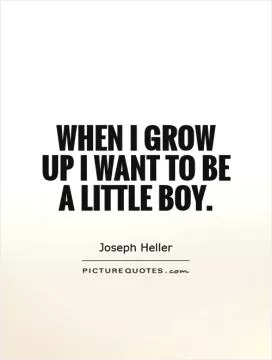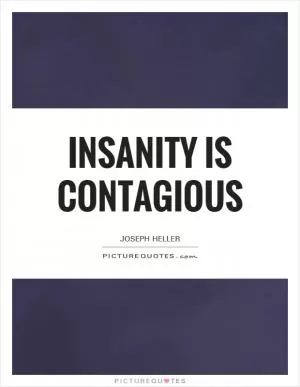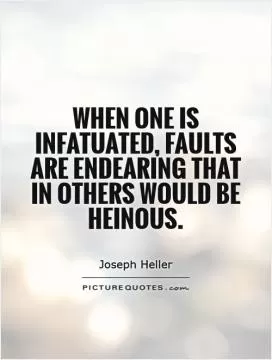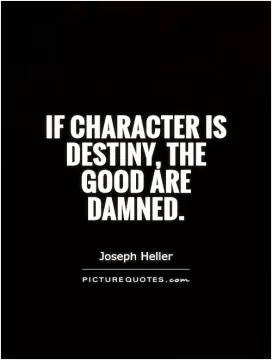I wouldn't want to live without strong misgivings

I wouldn't want to live without strong misgivings
Joseph Heller, the renowned author of the satirical novel "Catch-22," was known for his sharp wit and dark humor. His writing often explored the absurdity of war, bureaucracy, and the human condition. One of the recurring themes in Heller's work is the idea of having strong misgivings or doubts about the world around us.In Heller's world, nothing is as it seems, and everything is subject to scrutiny and skepticism. Characters in his novels often find themselves questioning the motives of those in power, the validity of their own beliefs, and the very nature of reality itself. This sense of doubt and uncertainty pervades Heller's writing, creating a sense of unease and disorientation for the reader.
For Heller, having strong misgivings is not a sign of weakness, but rather a mark of intelligence and critical thinking. It is through questioning and skepticism that we are able to see the world more clearly and understand the complexities of human nature. In Heller's view, blind faith and unquestioning acceptance of the status quo are dangerous and can lead to complacency and ignorance.
In "Catch-22," the protagonist, Captain John Yossarian, is constantly at odds with the absurdity of war and the bureaucratic machine that controls his life. Yossarian's misgivings about the war and his own role in it drive the narrative of the novel, highlighting the futility and madness of conflict. Yossarian's refusal to conform to the expectations of society and his willingness to question authority make him a compelling and relatable character for readers.












 Friendship Quotes
Friendship Quotes Love Quotes
Love Quotes Life Quotes
Life Quotes Funny Quotes
Funny Quotes Motivational Quotes
Motivational Quotes Inspirational Quotes
Inspirational Quotes